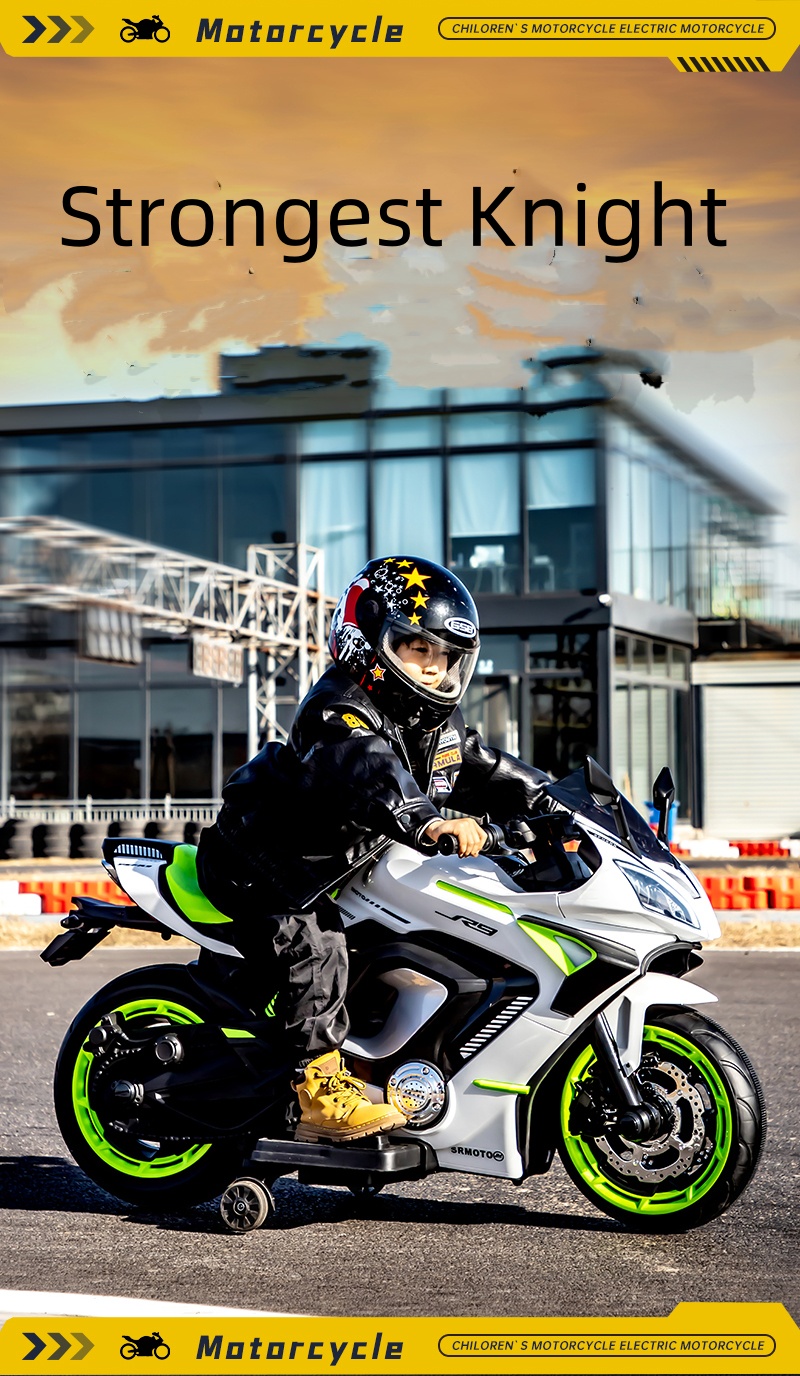Guidelines for Safe Riding Practices Among Motorcycle, Scooter, and Moped Operators
Understanding the Roles and Responsibilities of Motorcycle, Scooter, and Moped Operators
In recent years, the popularity of two-wheeled vehicles such as motorcycles, scooters, and mopeds has significantly increased. These modes of transportation are favored for their maneuverability, fuel efficiency, and often lower environmental impact compared to traditional automobiles. However, along with their growing popularity comes a need for responsible operation and an understanding of the unique challenges faced by their operators.
Motorcycle Operators Safety and Skills
Motorcycles provide a thrilling riding experience but come with inherent risks. Motorcycle operators must possess not only a valid motorcycle license but also the skills required to handle their machine adeptly. Unlike cars, motorcycles require a keen sense of balance and coordination, especially during turns and when navigating through traffic. Operators must be trained to recognize and react to road conditions, weather changes, and other vehicles’ behavior.
Safety gear is paramount for motorcycle operators. Helmets, gloves, jackets, and boots should always be worn to minimize the risk of injury in case of an accident. According to statistics, wearing proper protective gear can significantly reduce the severity of injuries sustained by motorcyclists. Additionally, participating in motorcycle safety courses can enhance an operator's riding skills, further promoting safety on the road.
Scooter Operators Urban Mobility and Legal Obligations
Scooters, often seen in urban areas, have become a popular choice for short commutes and leisurely rides. Scooter operators typically require a less stringent licensing process compared to motorcycle riders, but this does not diminish their responsibility on the road. Operators must familiarize themselves with local traffic laws and regulations, as they can vary significantly from one region to another.
motorcycle/scooter/moped operators

Moreover, conscious scooter operation contributes to urban mobility. As cities grapple with traffic congestion and pollution, scooters offer a practical solution that reduces the number of cars on the road. However, like motorcyclists, scooter operators must prioritize safety by adhering to speed limits, using bike lanes where applicable, and remaining vigilant against potential hazards.
Moped Operators Understanding Limitations
Mopeds, often characterized by their small size and lower engine capacity, attract a wide range of operators, including young riders. While they may seem less intimidating than motorcycles or scooters, moped operators must also understand their vehicle's limitations and the rules governing its operation. In many jurisdictions, mopeds may not require a motorcycle license; however, some places mandate a special moped certification.
Safety is just as important for moped riders. Despite their smaller stature, they are often less visible to larger vehicles, making it essential for operators to stay alert and visible at all times. Using bright clothing and reflective materials can help enhance visibility, especially in low-light conditions. Additionally, understanding the unique handling characteristics of a moped can aid operators in making safer decisions while riding.
Conclusion A Shared Responsibility
Whether operating a motorcycle, scooter, or moped, the onus of safe riding lies with the operator. Each type of vehicle presents its own set of challenges and responsibilities. By prioritizing safety, staying informed about local laws, and continuously improving their riding skills, operators can contribute to a safer riding environment. As urban landscapes evolve and the demand for alternative transportation modes increases, a collective commitment to responsible operation will ensure that all road users can coexist harmoniously. Proper education, along with adherence to safety practices, is crucial in fostering a culture of respect and safety on our roadways.
-
Understanding Voltage in Battery for Children's Motorized CarNewsJun.05,2025
-
Safety Features to Look for in an Electric Car for KidsNewsJun.05,2025
-
How to Teach Your Child to Ride a Kids MotorcycleNewsJun.05,2025
-
How to Prevent Falls on a Balanced ScooterNewsJun.05,2025
-
How to Maintain Your 3 Wheeled Scooter for LongevityNewsJun.05,2025
-
Best Motorcycle Scooters for Urban CommutingNewsJun.05,2025
